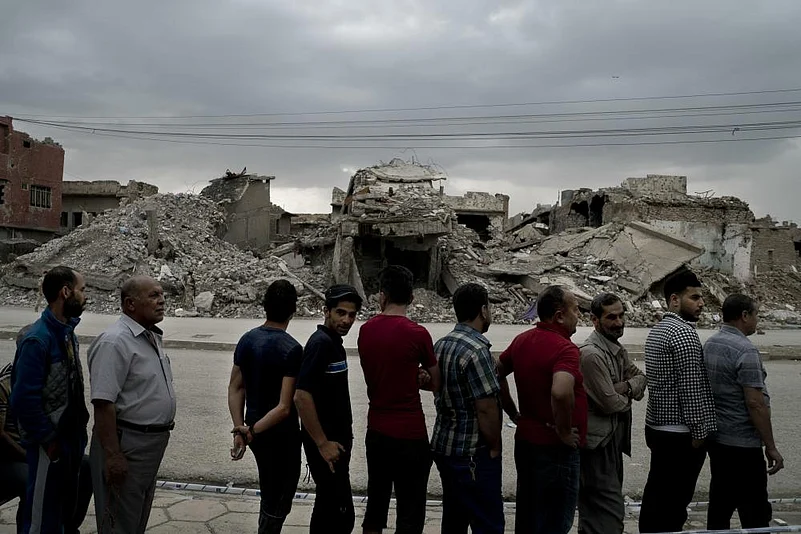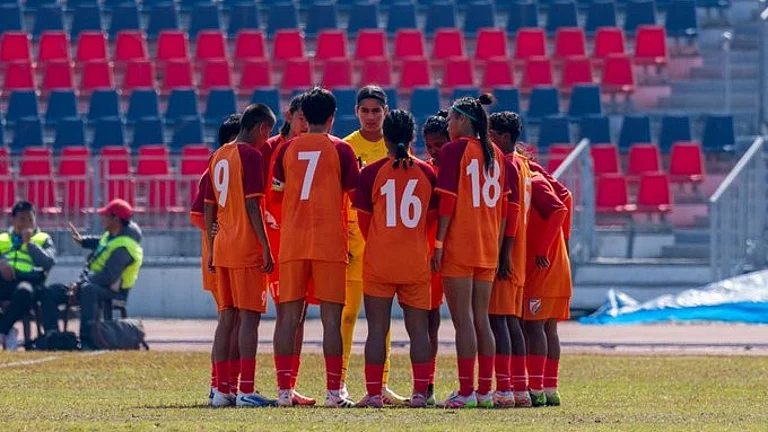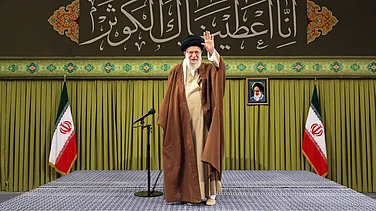
Sudani's Reconstruction and Development list secured major win with 50 seats, forming largest bloc in 329-seat parliament per sources close to PM.
Parliamentary elections held November 11, 2025, with over 55% turnout from 12M+ voters; preliminary results due later November 12.
Sudani, backed by pro-Iran Coordination Framework since 2022, faces internal divisions; power-sharing allocates PM to Shiites amid coalition negotiations.
The list backing incumbent Iraqi Prime Minister Mohammed Shia al-Sudani has secured a major victory in the parliamentary elections held on November 11, 2025, sources close to the premier stated on November 12. An official close to Sudani told AFP that his "Reconstruction and Development list has secured a major victory," with two other sources confirming the alliance won the largest bloc in the 329-seat Council of Representatives, securing approximately 50 seats.
The Independent High Electoral Commission reported over 55% voter turnout, with results from 99.7% of polling stations received nationwide, involving more than 12 million citizens in general and special voting. Preliminary official results are expected later on November 12, 2025. Sudani, seeking a second term, cast his vote at a polling station in Baghdad's Green Zone on November 11.
Sudani was appointed prime minister in 2022 by the Coordination Framework, an alliance of pro-Iran Shiite parties that formed the largest bloc in the previous parliament. Under Iraq's power-sharing system, the prime minister position is allocated to the Shiite majority, the parliament speaker to a Sunni Muslim, and the presidency to a Kurd. Shiite-majority parties have historically formed compromise coalitions to govern.
Two electoral commission officials confirmed to Reuters that Sudani's coalition came first in the election. The vote follows Sudani's campaign promises on public service delivery, including energy projects and infrastructure, amid divisions within the Coordination Framework over his second term, with former prime minister Nuri al-Maliki reportedly opposing it. Major Shiite players like Muqtada al-Sadr's bloc and Haider al-Abadi's alliance withdrew from the race prior to the election.


























